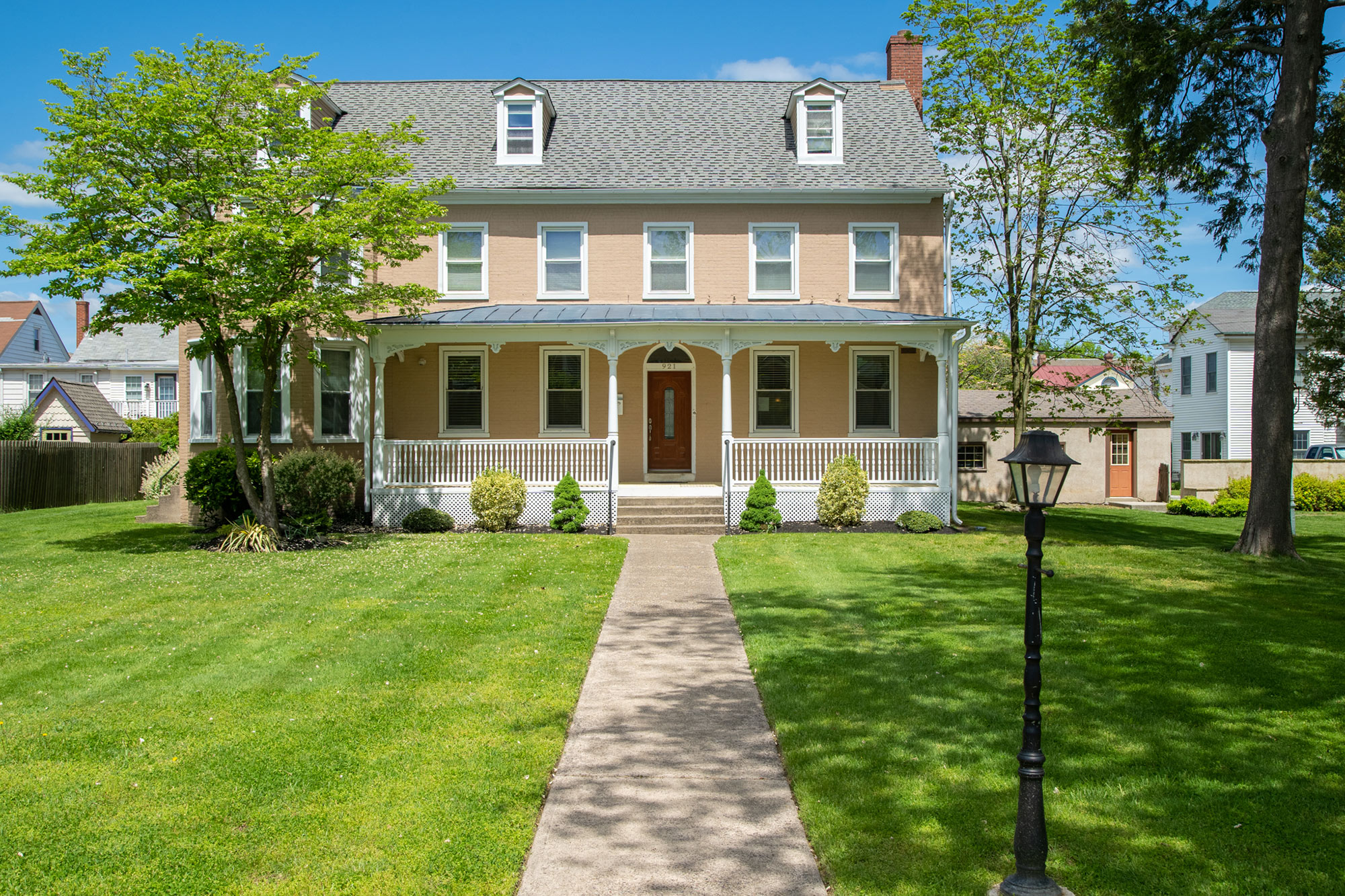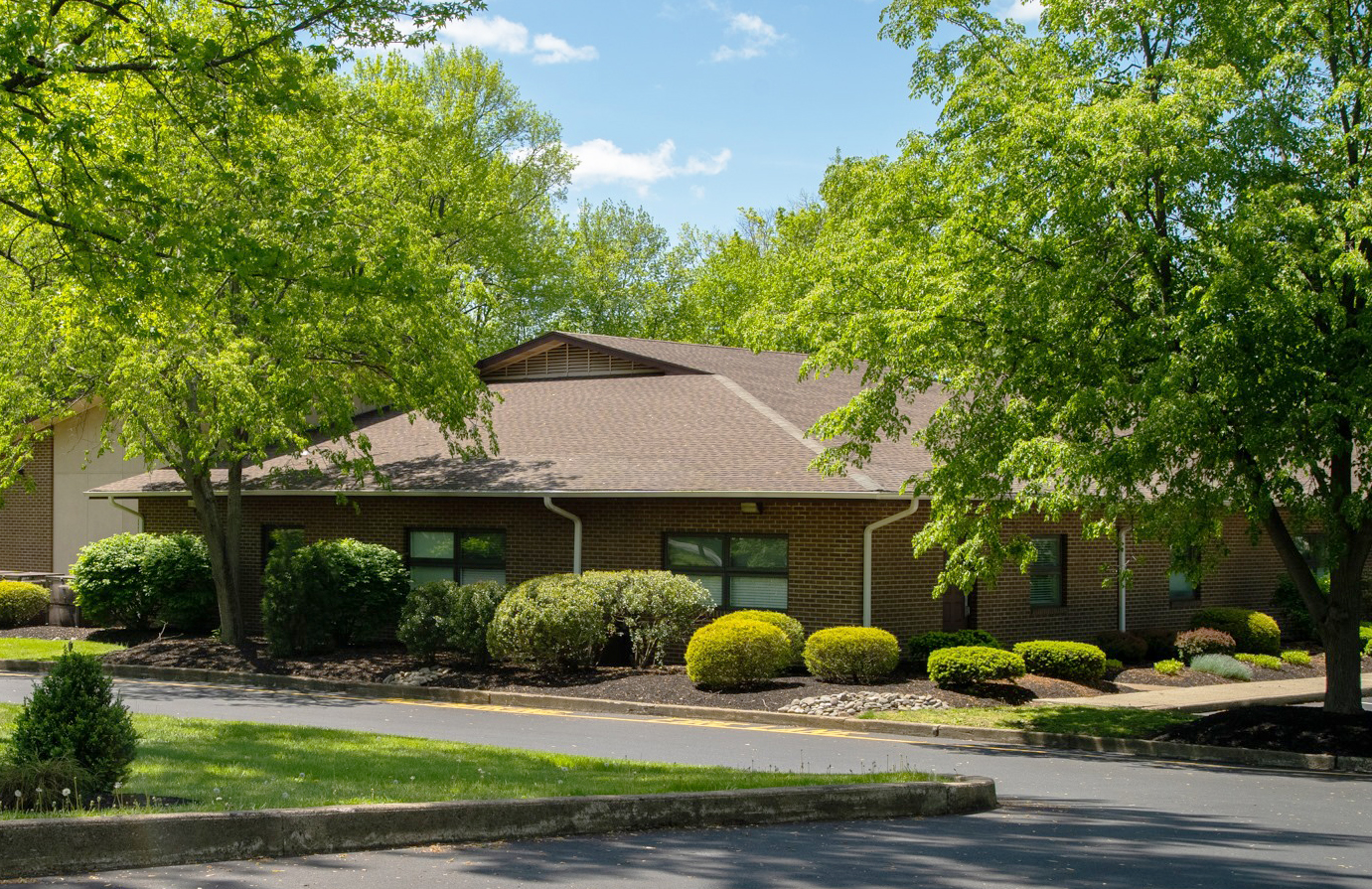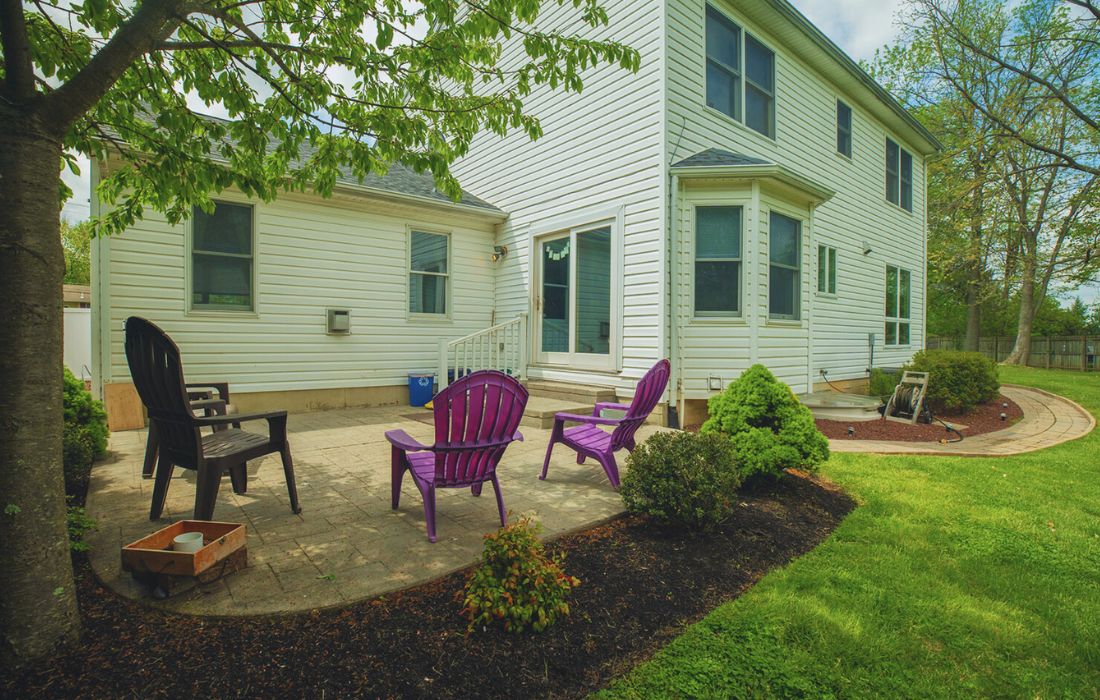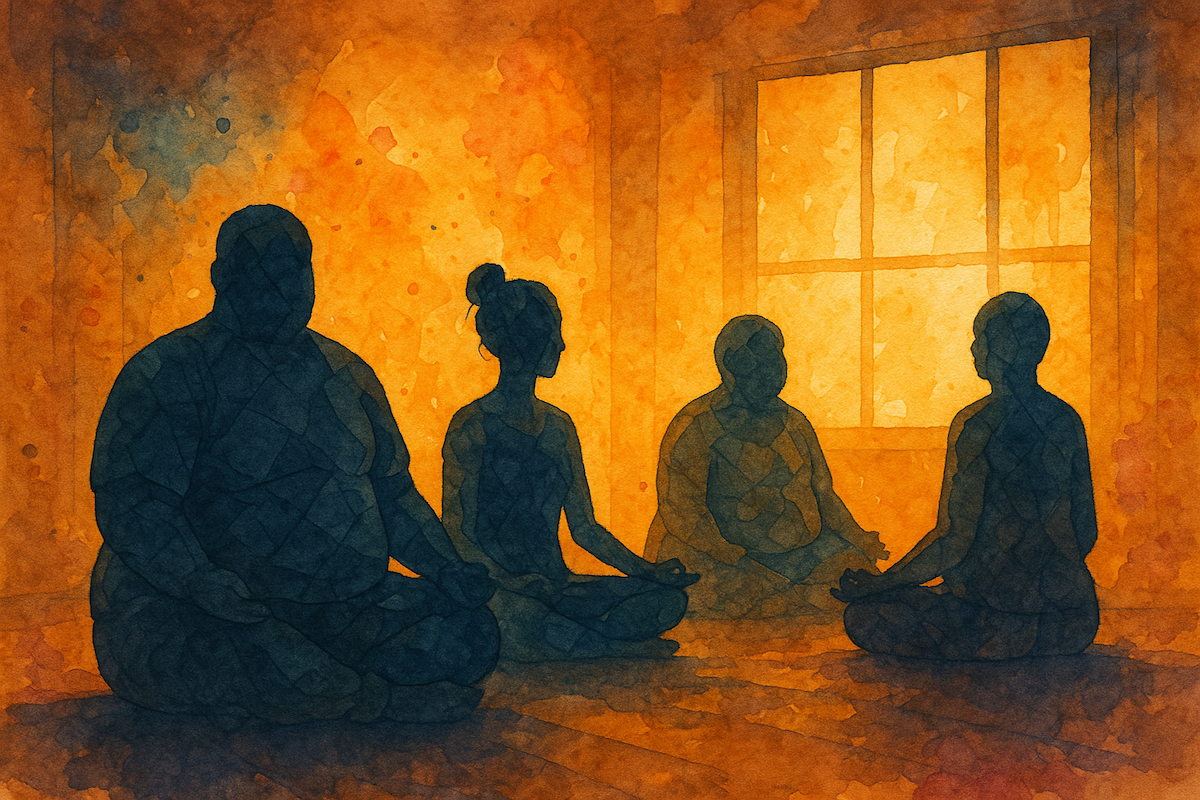Supportive Housing
Recovery-focused housing and a supportive community to help clients heal while continuing PHP or IOP treatment for substance use and mental health disorders.

Guiding you on the road to lasting healing + empowerment
Our supportive housing program offers our clients a serene, structured environment where they can continue clinical treatment while developing the skills and routines necessary for independent living. Our specialized staff provides personalized support to help residents develop practical skills, access essential resources, and build a lasting community for life after treatment.
No matter where you are in your recovery journey, we’re here to help you move forward.
Our Supportive Housing Locations
Our supportive housing provides safety, structure, and community for lasting recovery.
-

Bucks County Outpatient + Housing
PHP and IOP for mental health disorders, substance use disorders, and dual diagnosis, with supportive housing options.
Frequently Asked Questions
What is supportive housing?
Supportive housing offers a stable, structured environment for individuals in addiction and mental health recovery who need added support to maintain sobriety and rebuild their lives. By combining safe housing with recovery-focused services, it helps clients stay on track as they work toward greater stability and independence..
How does supportive housing work?
- Admissions – Our admissions team works with you to determine the best level of care for your treatment and verify your insurance coverage.
- Housing placement – Once accepted, clients move into a safe, affordable home within a structured recovery community.
- Orientation + support – A care manager provides an orientation to help clients adjust, connect with their support team, and understand program expectations.
- Case management + recovery services – Certified recovery specialists assist with employment, housing, transportation, and community reintegration.
- Ongoing monitoring + planning – Clients receive personalized support through case management, peer support, and treatment planning to help stay on track.
What types of support services are available?
Clients have access to a range of services designed to help maintain sobriety, rebuild their lives, and transition to independent living. These include:
- Employment assistance – Guidance on job searches, resume building, interview skills, and securing stable work.
- Housing support – Help finding and applying for permanent housing, including navigating rental requirements and resources.
- Transportation training – Support in learning to use public transportation to get to work, appointments, and recovery meetings.
- Recovery network connection – Assistance in building a strong support system through 12-step programs, peer support groups, and local recovery communities.
- Community resource access – Help reconnect with essential services such as healthcare, financial assistance, and social support programs.
These services equip residents with the tools they need to continue the healing process, stay sober, complete their clinical program, and successfully reintegrate into their communities.
How is supportive housing different from residential treatment?
Supportive housing and residential treatment both provide structured recovery environments, but serve different purposes:
- Focus – Residential treatment prioritizes therapy, while supportive housing focuses on supporting independence.
- Level of care – Residential treatment is intensive with 24/7 supervision, whereas supportive housing is flexible.
- Independence – Supportive housing allows more freedom, while residential treatment follows a set schedule.
- Length of stay – Residential treatment is short-term, while supportive housing is long-term.
Supportive Housing
At STR, we offer two distinct supportive housing programs — one for individuals with substance use disorder (SUD) and one for those with mental health disorders. Both programs foster stable, supportive environments where individuals can heal, grow, and work toward independence.
Each SUD residence is supported by a dedicated Certified Recovery Specialist (CRS), who serves as a case manager, offering empathy, guidance, and personal insight. Our mental health housing offers on-site support, ensuring safety, encouraging medication compliance, and assisting with transportation, daily living skills, and overall wellness.

Designated Housing for LGBTQIA+ Community
Our LGBTQIA-specific housing offers a safe, supportive, and comfortable environment tailored to the community’s unique needs. It provides a nurturing space for individuals as they focus on their recovery journey.
Our Other Levels of Care
We’ll meet you where you are. STR offers a comprehensive continuum of care, bridging the treatment gap between intensive care and general outpatient therapy. We’re committed to helping clients find the best fit for their needs.
Residential Treatment
Our comprehensive residential treatment programs offer intensive treatment and therapy for complex substance use disorders, mental illnesses, and co-occurring conditions.
Partial Hospitalization Program
An intensive day program that runs five days a week, allowing individuals to maintain independence while receiving a higher level of care.
Intensive Outpatient Program
A multi-day treatment program offering more support than traditional outpatient therapy, allowing clients to manage their careers, education, and family responsibilities.
Resources
-

Holistic Addiction Treatment: How Whole-Person Care Supports Lasting Recovery
-

Life Skills Training in Addiction Treatment: What It Is + Why It Matters
-

AA vs. Al-Anon: How Each Group Supports Individuals in Recovery + Their Families
Take the next step toward healing. We’re here to support you every step of the way.